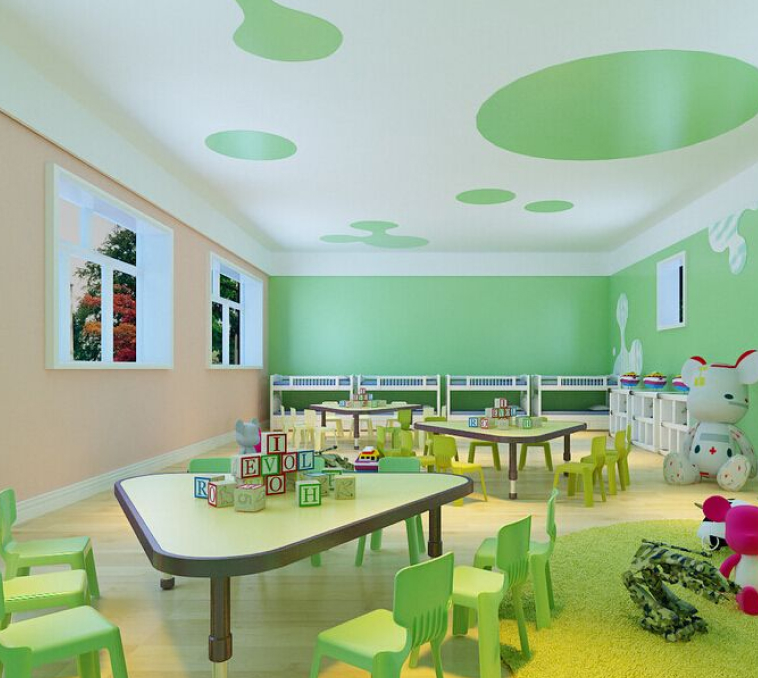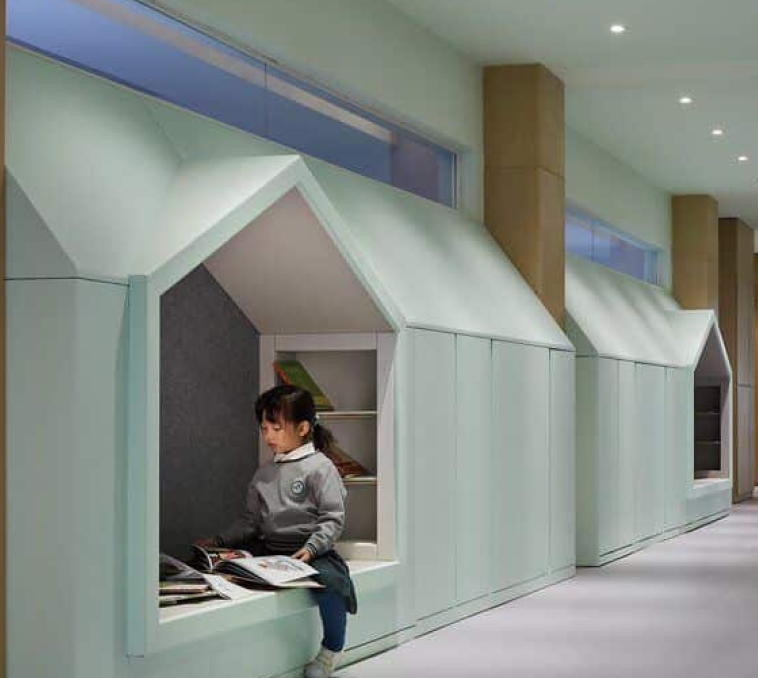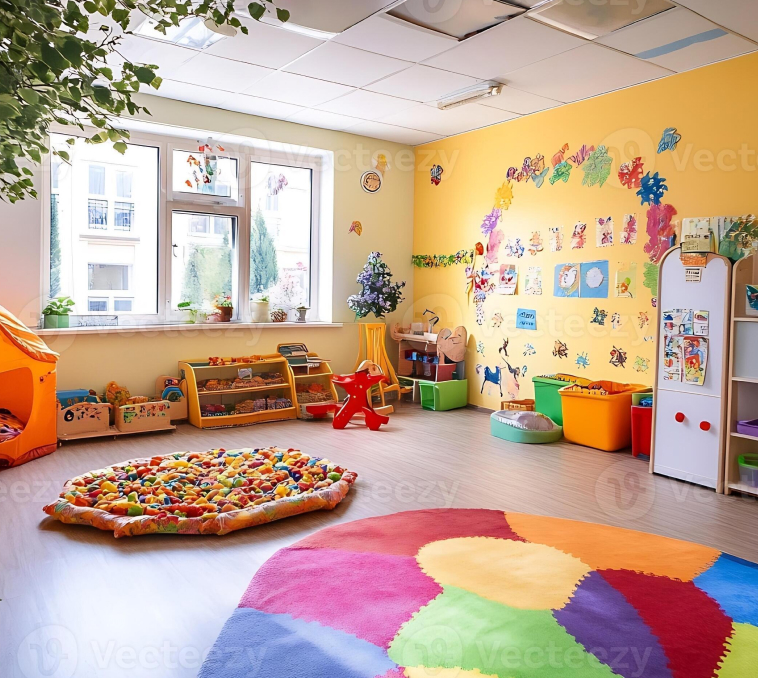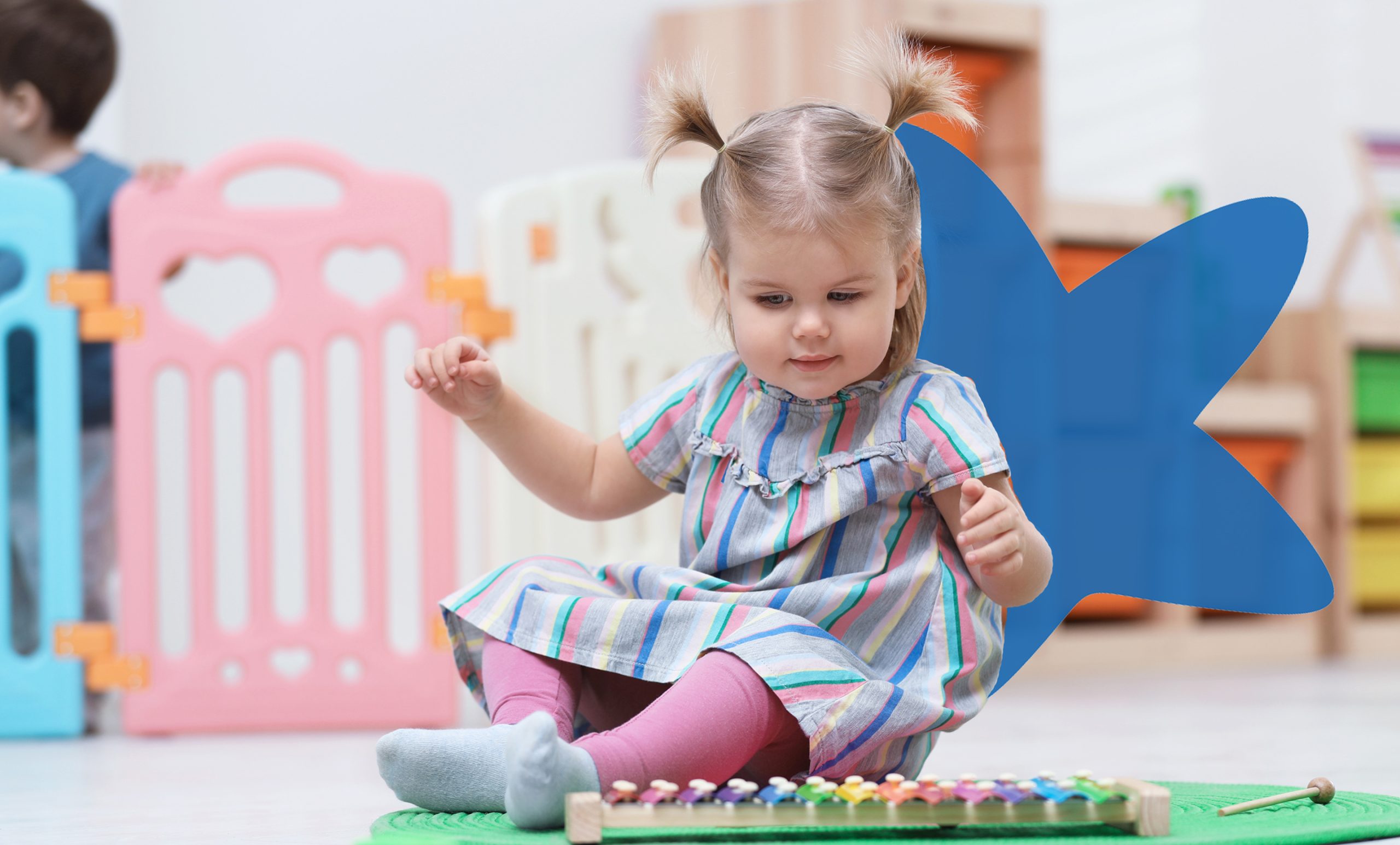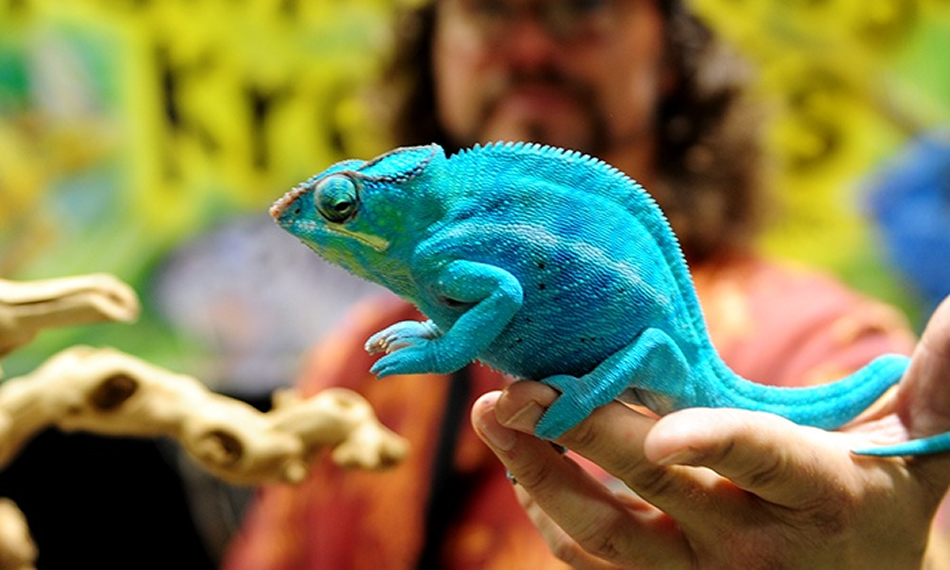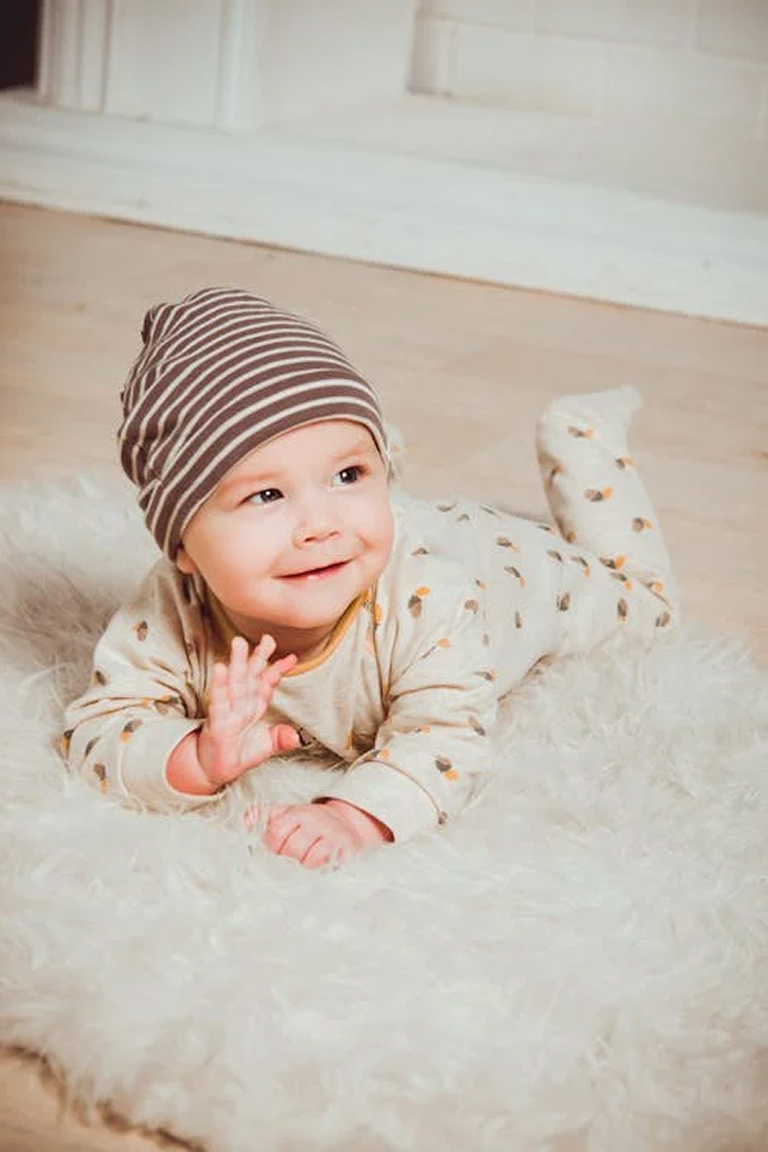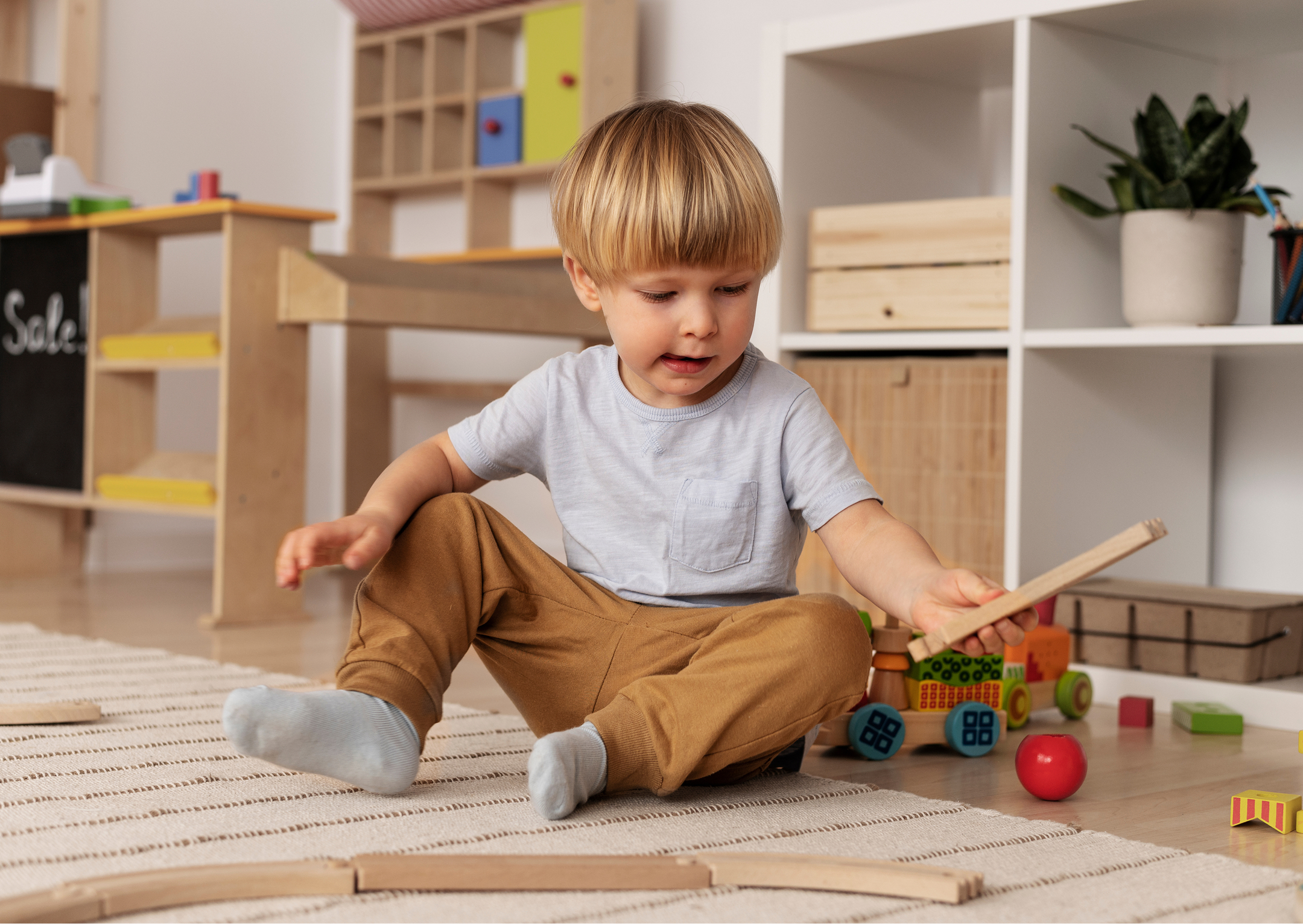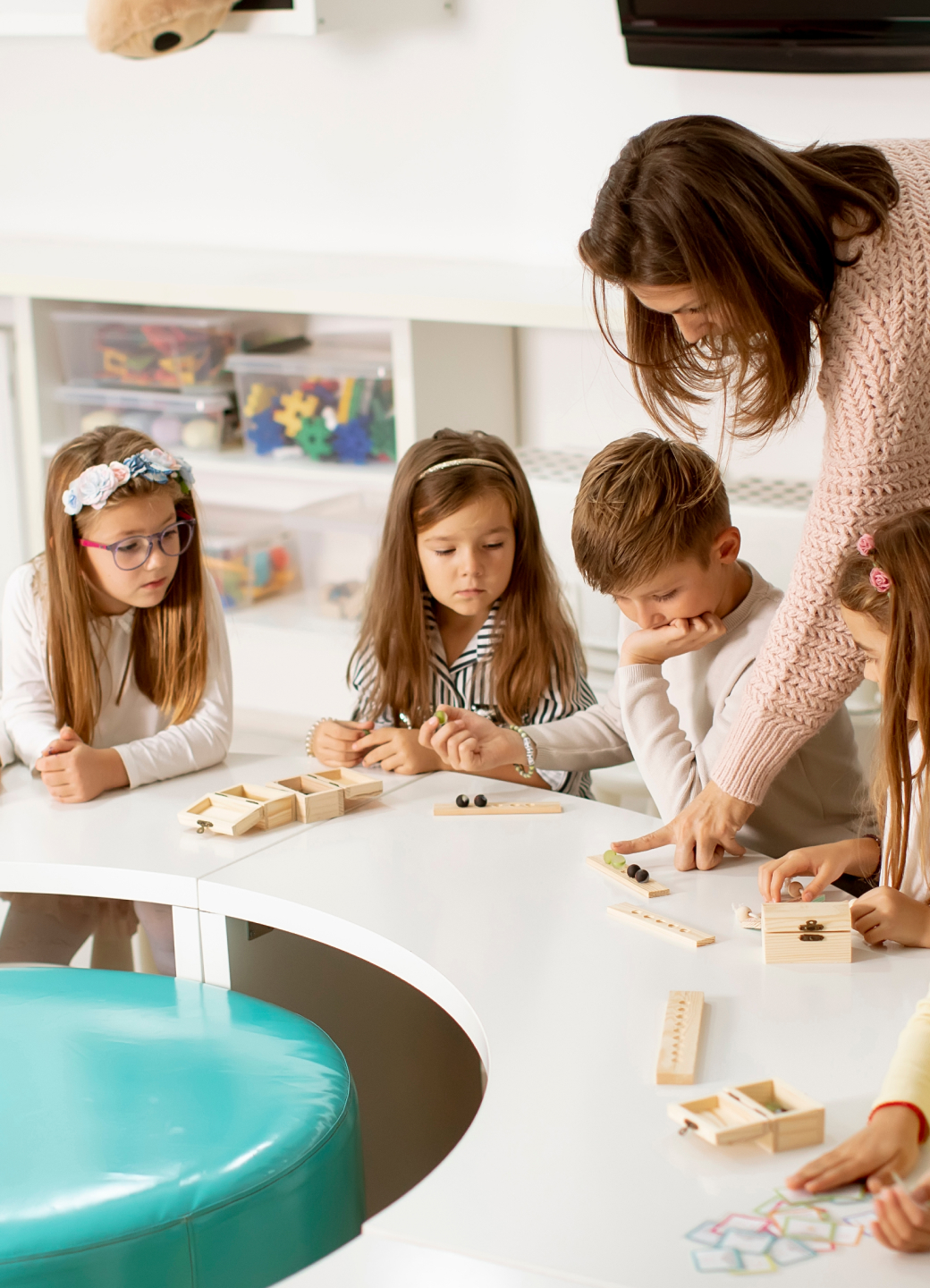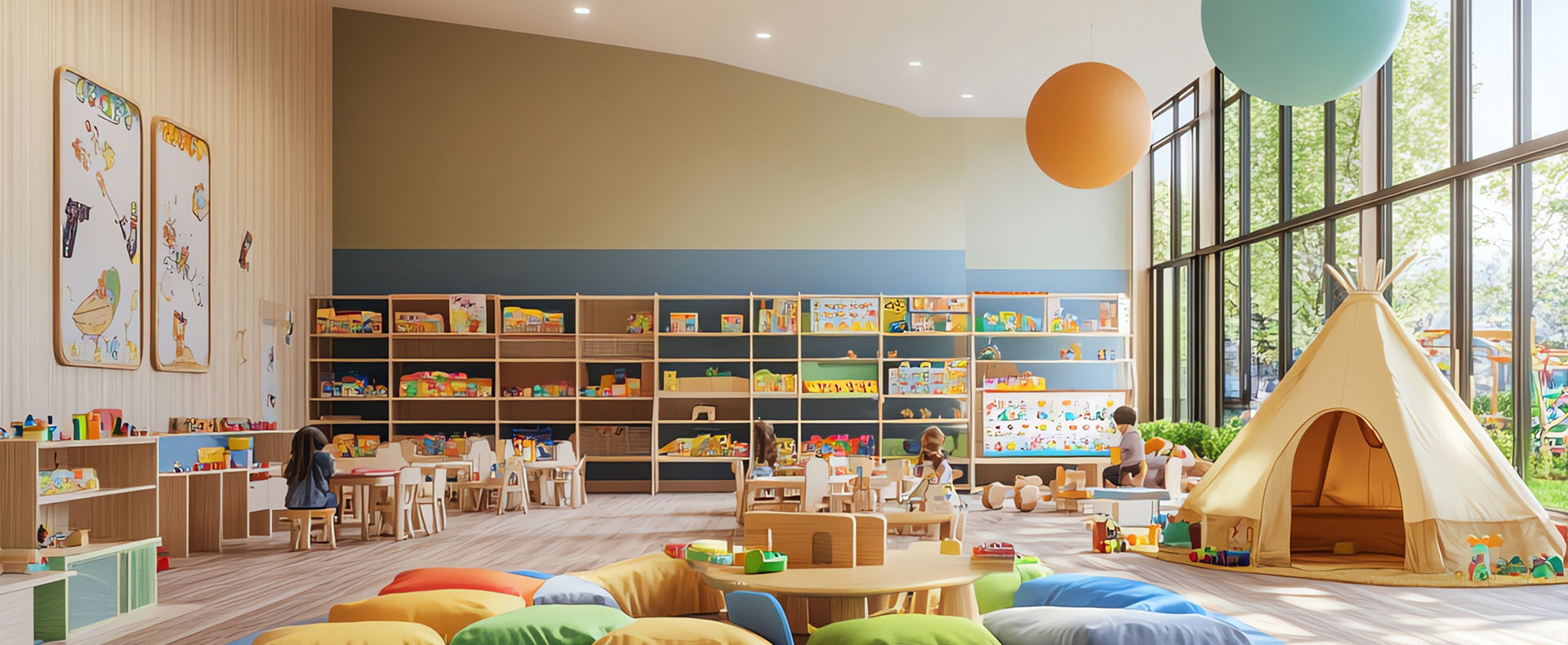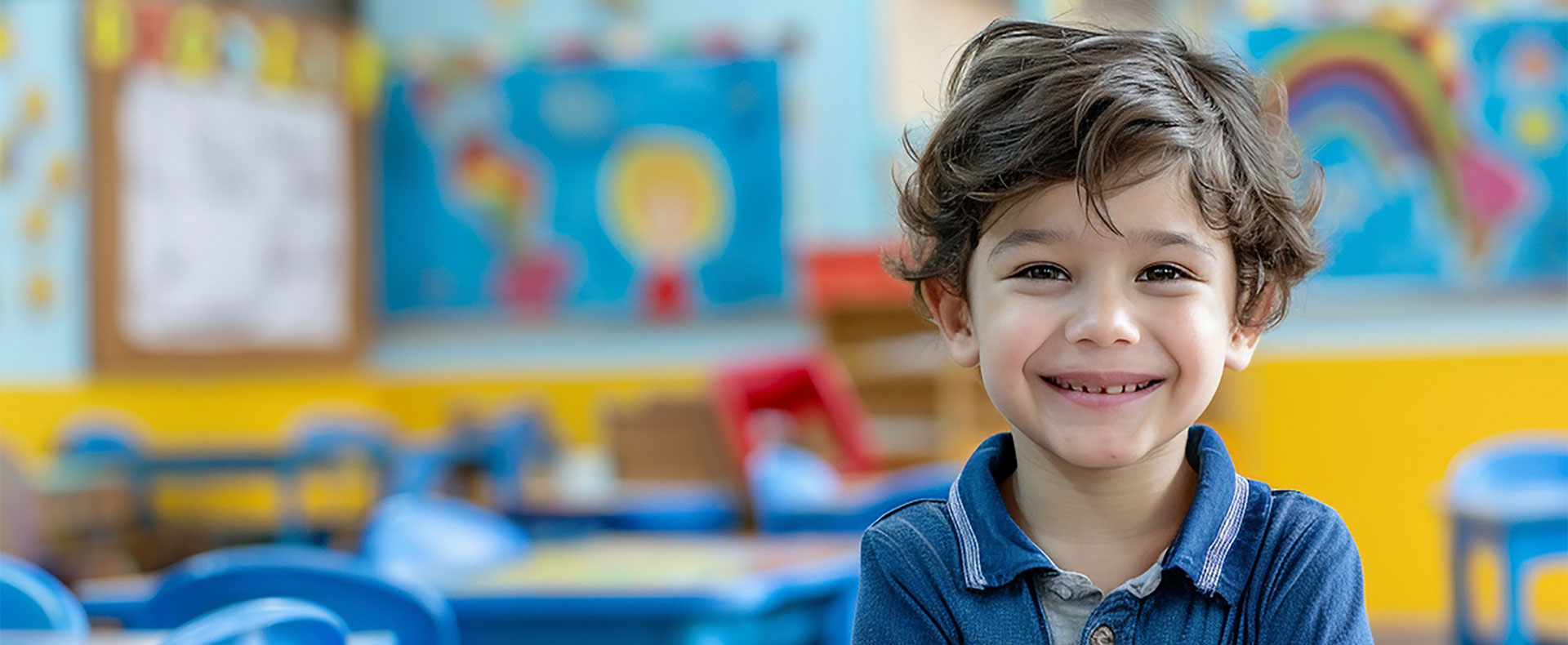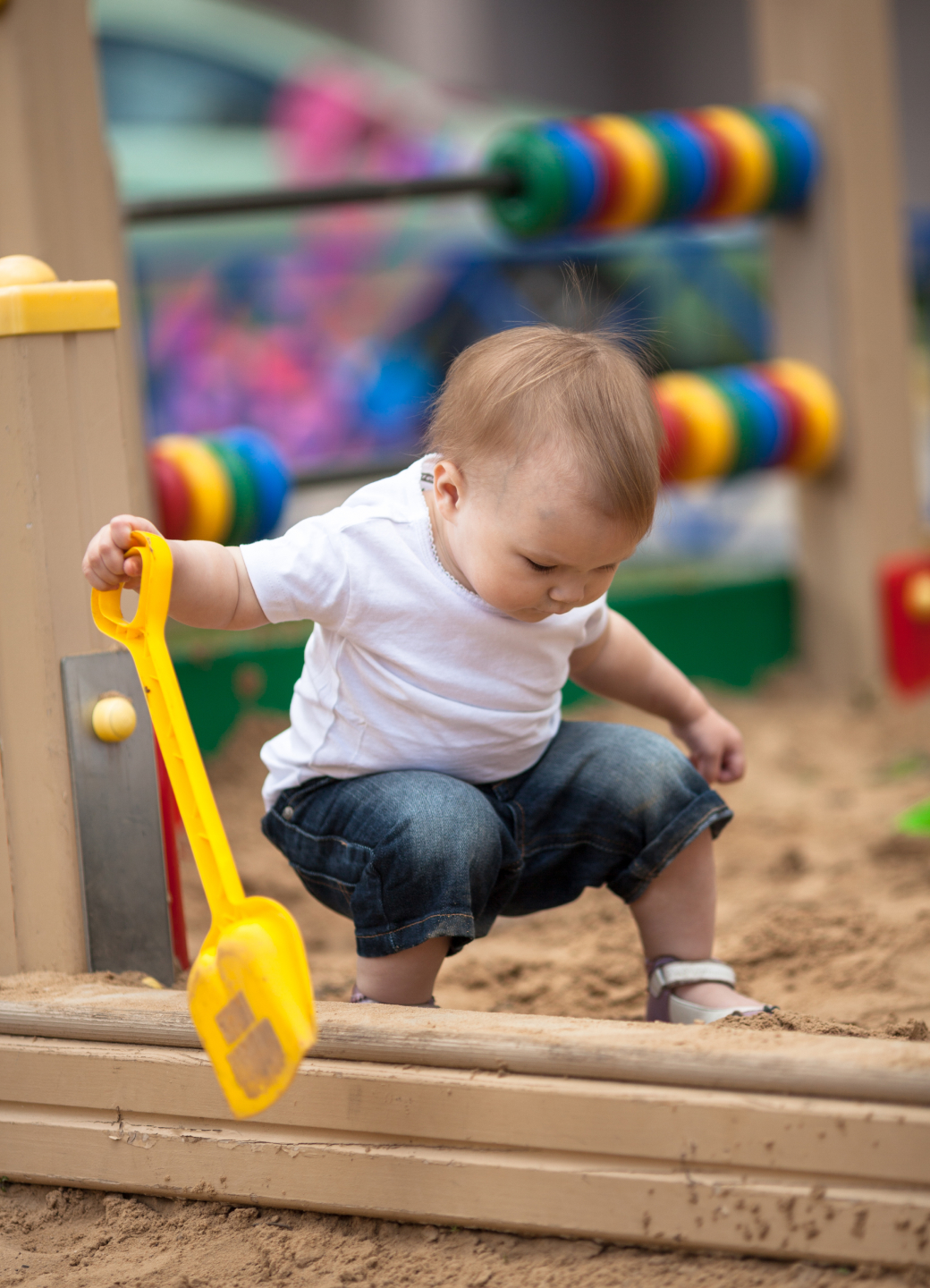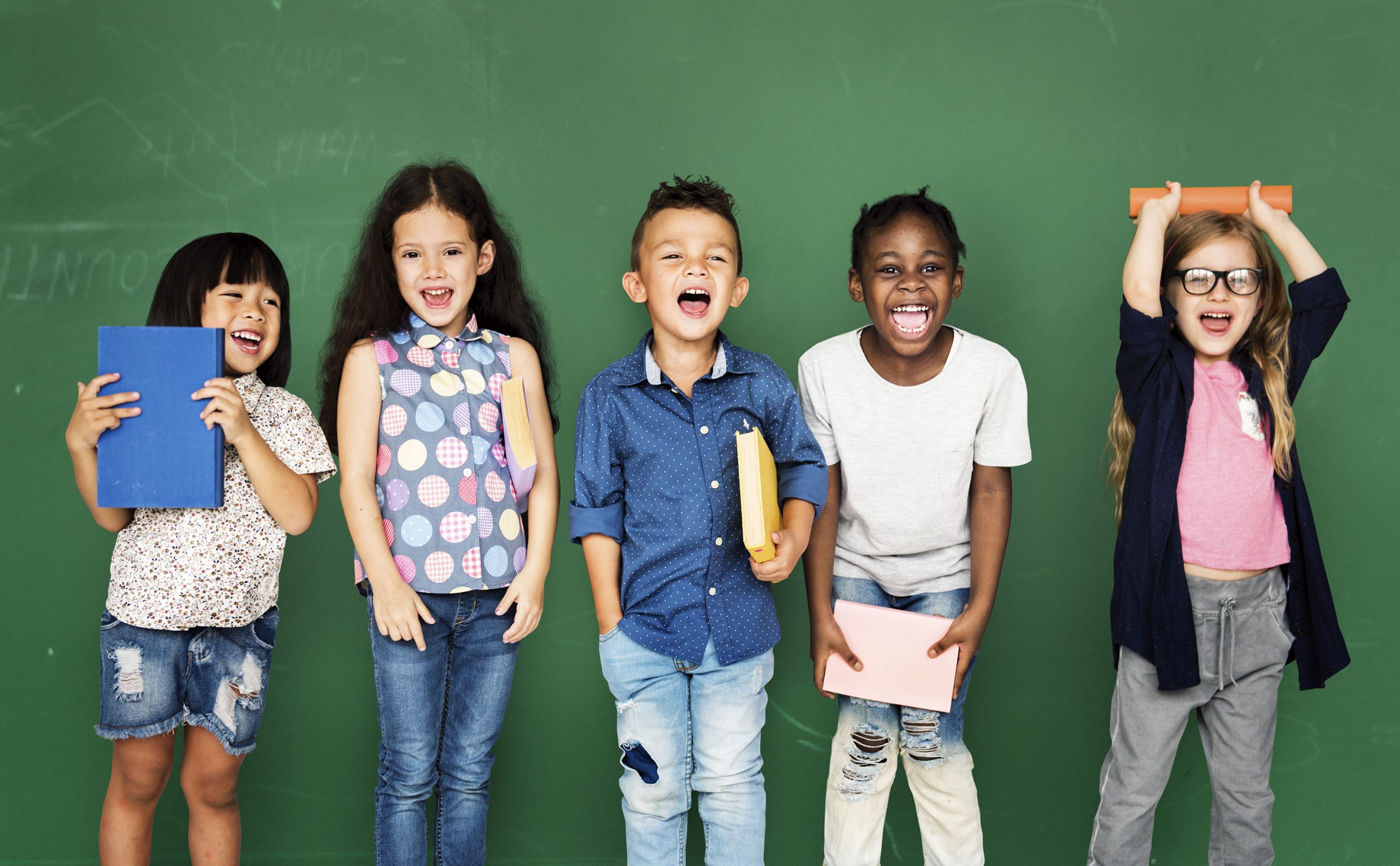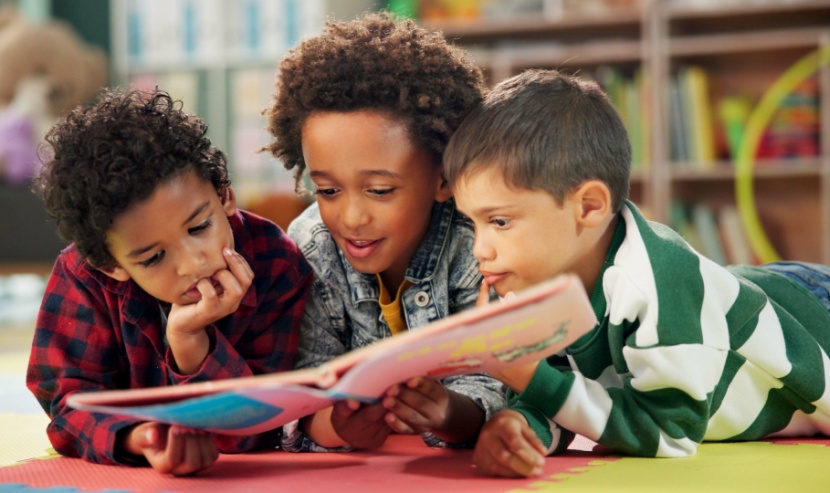
In today’s increasingly interconnected world, multicultural education plays a crucial role in preparing children for the future. This type of education fosters an understanding and appreciation of diverse cultures, enabling children to develop essential social and cognitive skills that will benefit them in a globalised society. By exposing young learners to various traditions, languages and perspectives, multicultural education broadens their worldview, enhances empathy and promotes inclusivity. These qualities are critical in shaping well-rounded individuals who can navigate and thrive in a multicultural workforce and society.
Developing Empathy
One of the key benefits of multicultural education is the development of empathy and respect for diversity. When children are introduced to different cultures at an early age, they learn to appreciate differences and see them as opportunities for learning rather than sources of conflict. This promotes tolerance and reduces the likelihood of prejudice, helping children become more open-minded and adaptable. As they grow, these skills become increasingly important in a world where collaboration with people from various backgrounds is often necessary for success.
Exposure to Diverse Perspectives
Moreover, multicultural education enhances cognitive development. Research shows that exposure to diverse perspectives helps children become more creative and better problem-solvers. By learning about different ways of life, children are encouraged to think critically, ask questions and challenge assumptions. This ability to analyse and adapt is invaluable in the modern world, where rapid technological advancements and shifting global dynamics demand flexibility and innovation.
Role of Early Learning Centres
Early learning centres play a pivotal role in promoting multicultural education. These centres provide a safe and supportive environment where children can engage with a wide range of cultures through activities, books and interactions with peers. Teachers in early learning centres are trained to incorporate multicultural themes into everyday learning, helping children understand cultural differences through play, storytelling and group activities. These experiences not only foster cultural awareness but also build strong communication and social skills.
Furthermore, early learning centres often celebrate cultural diversity by organising events such as multicultural days, where children can experience different foods, music and customs. These activities provide hands-on learning opportunities that make abstract concepts like cultural appreciation more tangible and meaningful to young minds.
Multicultural education, especially when introduced in early childhood through learning centres, equips children with the emotional intelligence, adaptability and critical thinking skills they need to succeed in a diverse and interconnected world. It prepares them to approach the future with confidence, curiosity and respect for others.

